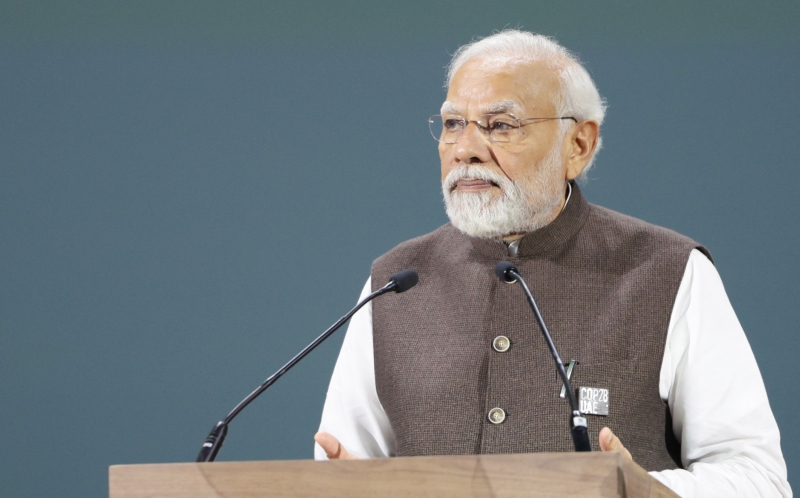The COP 28 summit, recently concluded in Dubai, has yielded transformative results in the global energy landscape, marking a significant milestone in climate action. The conference, which extended beyond its scheduled conclusion, showcased a deep-seated commitment among nations to confront the challenges of climate change head-on.
COP 28 Results: A new level of Commitment

The extended duration of COP 28, a familiar occurrence in such global meetings, was particularly notable this year. The additional discussions centered around the critical issue of phasing out global fossil fuels, a topic that saw OPEC countries at loggerheads with others. This aspect of the COP 28 highlights the determination of the participating nations to reach a consensus, despite divergent interests.
COP 28: High-Level Dialogues Forge Consensus on Energy Transition

A key highlight of the COP 28 results was the series of High-Level Dialogues, jointly led by COP28 President Dr. Sultan Al Jaber and Dr. Fatih Birol of the IEA. These discussions concluded with a strong consensus on the essential elements of energy transition. This is a significant achievement in global climate negotiations.
The final Dialogue, part of the World Climate Action Summit, was attended by prominent leaders and underscored the COP 28 focus on a 1.5 °C-aligned energy transition. The dialogue’s success is a promising sign of the collaborative spirit that defined COP 28.
The term “1.5 degrees Celsius aligned” in climate discussions symbolizes a commitment to the ambitious target set by the Paris Agreement. It is based on scientific evidence indicating the critical need to limit global warming to reduce severe climate impacts. If the 1.5 C limit is reached, consequences will be dire.
COP 28 Results: Five-Pillar Strategy for Sustainable Energy

Dr. Birol’s presentation of a five-pillar strategy at COP 28. It received widespread support, highlighting the conference’s emphasis on practical and ambitious goals:
- Tripling global renewable power generation by 2030.
- Doubling energy efficiency improvements annually by 2030.
- An orderly decline in fossil fuel use by 2030, starting with no new coal plants.
- A commitment from the oil and gas industry to align with 1.5 °C goals, including a significant reduction in methane emissions.
- Enhanced financing mechanisms for clean energy investments in developing economies.
These pillars are pivotal COP 28 results, setting clear targets for the global energy transition.
Global Support for Renewables and Efficiency
The COP 28 results also highlighted the Global Renewables and Energy Efficiency Pledge, underscoring a unified approach to coal and the necessity of expediting energy transitions. This aspect of the COP 28 results demonstrates a collective resolve towards sustainable energy practices.
What comes After? Ambition and Action

The COP 28 culminated a year of discussions on various aspects of the energy transition. These dialogues have laid the groundwork for future action in renewable energy deployment. This will hopefully translate into better energy efficiency. That being said, it is clear that action is being taken. This major meeting was attended and prioritized by many world leaders. Every COP, energy actors step up in their responsibility towards the Earth and tackle division. In spite of high tensions, a consensus was still reached.
As a leading global staffing company in the energy industry, we are tuned to the implications of the COP 28. These outcomes not only shape global climate policies but also redefine the energy sector’s future, presenting new opportunities and challenges for all actors in this industry. Our commitment is to be at the forefront, facilitating the energy transition with innovative staffing solutions aligned with the COP 28 goals. Learn more about our mission at wtsenergy.com/about-us



